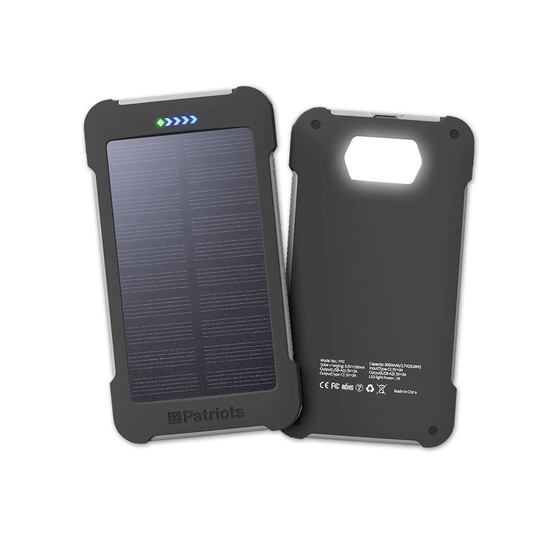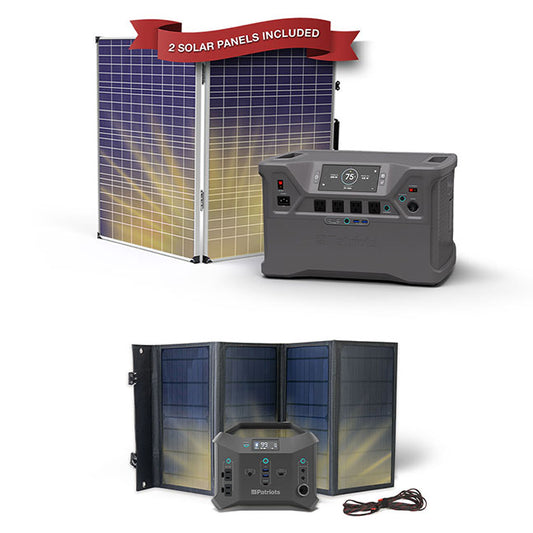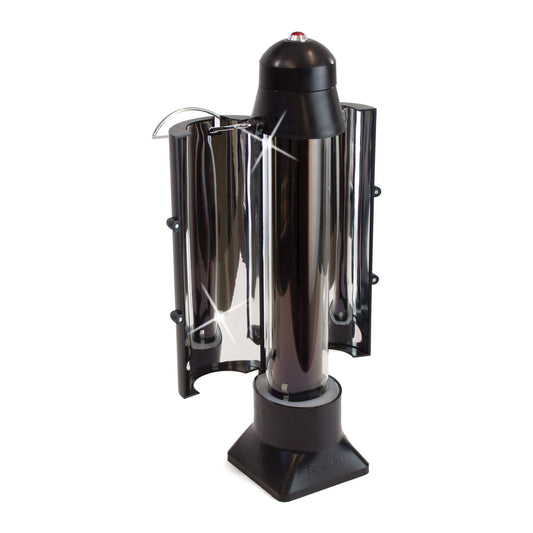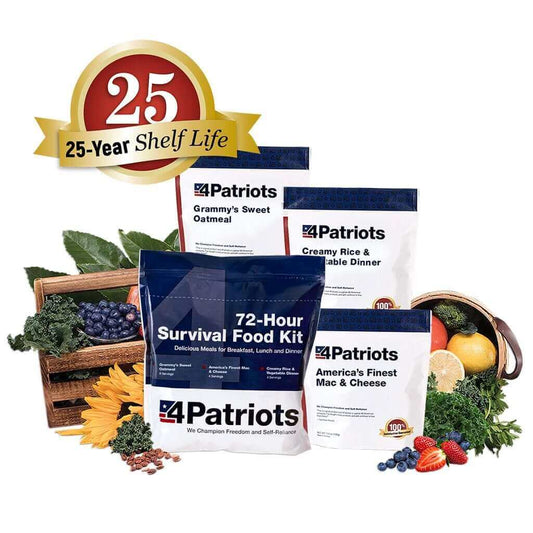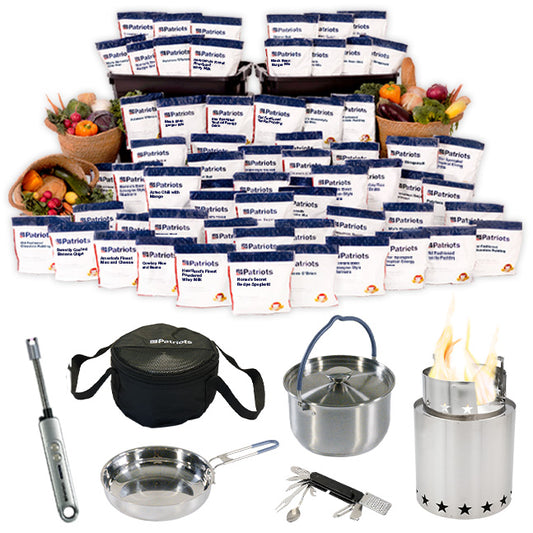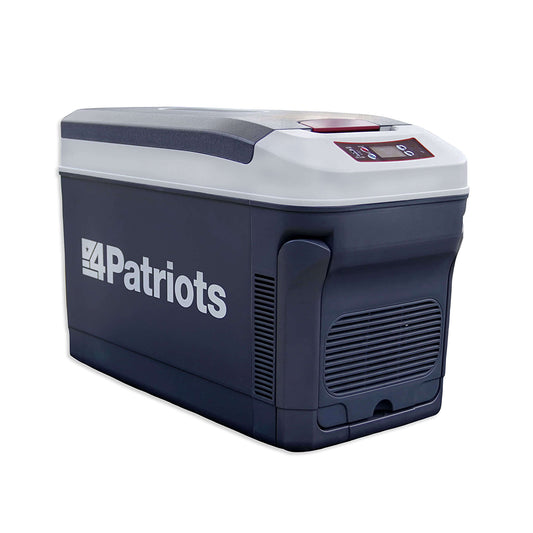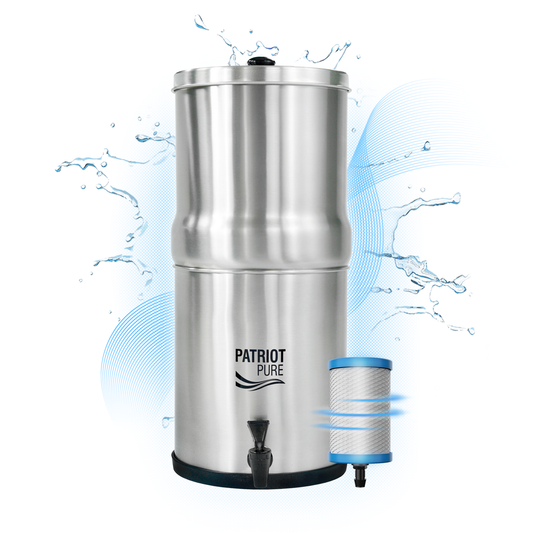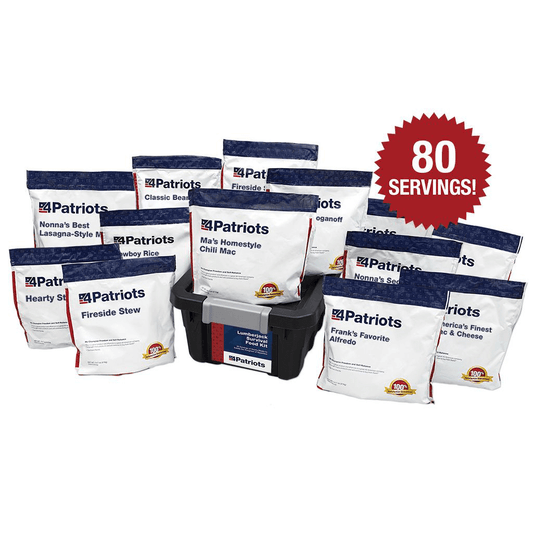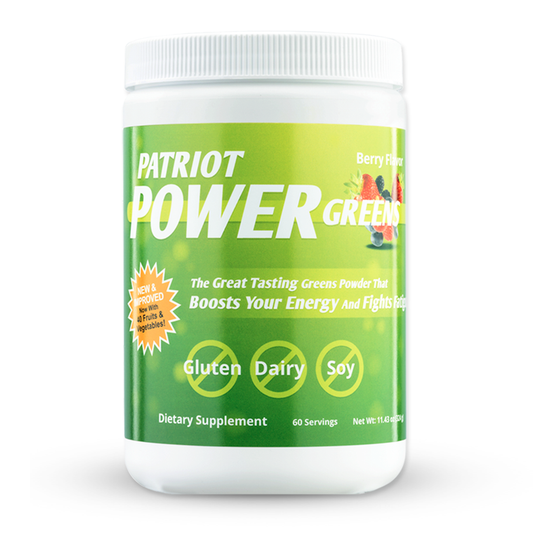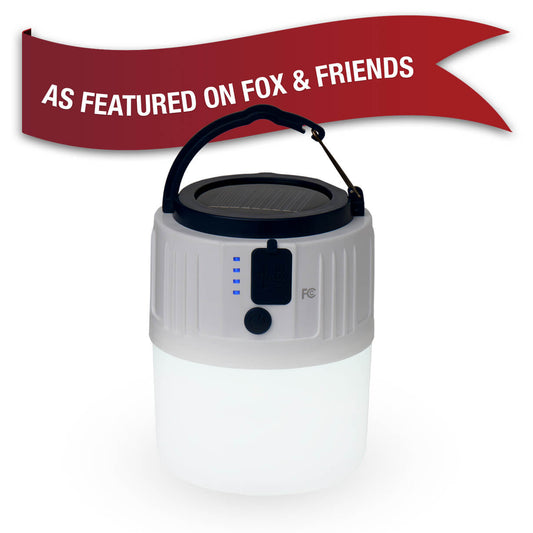
A Chemical Emergency Could Be Right Around the Corner... Be Prepared

A couple weeks ago, 13 people were hospitalized and at least 50 others were treated at the scene. That was after a chemical incident in New Hampshire.
Fluid Air Pharmaceuticals reportedly received a mislabeled package of powder. It came from one of its vendors.
Employees tried to use the package contents to make their product. But the chemical sickened dozens of them.
Hazmat crews arrived and removed the chemical to test it. Local fire departments also responded.
Headlines Tell the Story
That was just one of many chemical emergencies that have occurred in the U.S. recently. Following are the types of headlines we see on a regular basis:
"Explosion at Dippin' Dots Production Facility in Kentucky Injures Four"
"Firefighter Hurt in Blaze at FoxFarm Fertilizer Plant"
"Northwestern Indiana Packaging Plant Fire Emits Toxic Smoke"
"Homes Evacuated During Fire at Chemical Plant"
Major Chemical Plant Accidents
Chemical accidents are serious business. They can harm and sicken hundreds of people at a time.
What are some of history's worst chemical plant accidents in the U.S.? Here are a few:
On February 3, 1971, a chemical plant caught fire and exploded in Woodbine, Georgia. It occurred after an ignition chemical was added to other chemicals. A total of 29 people died. Another 50 suffered life-changing injuries.
On October 23, 1989, a series of explosions and a fire killed 23 employees and injured more than 300 others. It occurred at the Houston Chemical Complex in Texas. The plant was producing high-density polyethylene.
On May 1, 1991, a series of blasts at a Louisiana plant killed eight workers. They also injured 120 and caused more than 500 local residents to evacuate. The explosions ripped siding from nearby homes and burned vehicles.
On June 13, 2013, another plant explosion in Louisiana was caused by a heat exchanger failure. It killed two workers and injured more than 100. The plant was used to produce ethylene and propylene.
'Minor' Spill Can Cause Major Damage
Of course, chemical accidents are not limited to the big plants. They can occur at any time in any home.
They may seem minor – such as spilling bleach on a floor or fertilizer in a garage. But exposure to hazardous substances can be dangerous.
A majority of these home accidents are cleaned up incorrectly. People inadvertently expose themselves and their families to dangerous fumes and liquids.
In a moment I'll let you know what you can do to protect yourself and your family. Because you probably have potentially dangerous chemicals in your home right now.
Chemical Emergency Tips
One of the best ways to avoid chemical accidents is taking extra precaution and safety measures. Here are some chemical emergency tips from the American Red Cross:
- Avoid mixing chemicals; even common household items. Some combinations, such as ammonia and bleach, can create toxic gases.
- Always follow directions when using a new chemical product. Some should not be used in small, confined spaces due to dangerous vapors. Others should not be used without gloves and eye protection.
- Store chemical products properly. They should be stored tightly closed in their original containers.
- Beware of fire. Never smoke while using household chemicals. Don't use hairspray, cleaning solutions or paint products near an open flame.
- Dispose of unused chemicals properly. Improper disposal can result in harm to yourself and also contaminate your local water supply, or harm other people/animals.
In the event of a local chemical emergency, follow authorities' instructions carefully. Listen to your emergency broadcast stations on radio and TV. If necessary, call the Poison Control Center or 911 immediately.
If you are told to shelter in place, go inside. Close all windows and vents. Turn off fans and heating or cooling systems. Seal windows and doors until further notice.
If you are told to evacuate, follow your family disaster plan. Take bug-out bags you have packed. Don't forget your medications. Follow traffic routes given by authorities.
Chemicals Are Prevalent in Homes
Maybe you're thinking, "I don't have any harmful chemicals in my home."
But are you considering automotive products, ammonia, bleach and laundry detergents?
What about fertilizer, weed killer and pesticides? Or toilet and drain cleaners? Or mold and mildew cleaners?
Those chemicals, and many more, can cause serious problems for you and your family if they spill.
Even a small amount of these substances can cause physical injury. Or contaminate your water table. Or be a threat to children and pets.
The Fast-Acting Solution
Truth is, exposure to hazardous substances are far more common than we think. From doing the laundry and weeding your garden to larger scale chemical plant accidents.
That's why it's critical for you and your family to be prepared – IN ADVANCE – for anything.
The best way you can prepare is to have a chemical decontamination plan at the ready.
Our top recommendation is our brand-new FAST-ACT Chemical Decontamination Kit.
In the past, it's only been available to the military, fire fighters and other first responders. But now you can get your hands on it today and protect your family.
This easy-to-use kit neutralizes dangerous liquids on contact. And it decontaminates airborne chemicals from enclosed spaces.
And because it features only safe earth minerals, you can have the peace of mind to use it in your home at any minute's notice. You can neutralize up to 99 percent of any chemical threat within two minutes.
From acids, oxidizers, to chemical warfare agents... this exclusive kit stops chemical threats in their tracks – and then renders them powerless.
Featured Products
- Regular price
- $699.95
- Regular price
-
- Sale price
- $699.95
- Unit price
- per
- Regular price
- $2,999.95
- Regular price
-
- Sale price
- $2,999.95
- Unit price
- per
- Regular price
- From $29.95
- Regular price
-
- Sale price
- From $29.95
- Unit price
- per
- Regular price
- $3,499.95
- Regular price
-
- Sale price
- $3,499.95
- Unit price
- per
- Regular price
- From $29.95
- Regular price
-
- Sale price
- From $29.95
- Unit price
- per
- Regular price
- $2,499.95
- Regular price
-
- Sale price
- $2,499.95
- Unit price
- per
- Regular price
- $499.95
- Regular price
-
- Sale price
- $499.95
- Unit price
- per
- Regular price
- $999.95
- Regular price
-
- Sale price
- $999.95
- Unit price
- per
- Regular price
- From $29.95
- Regular price
-
- Sale price
- From $29.95
- Unit price
- per
- Regular price
- $2,999.95
- Regular price
-
- Sale price
- $2,999.95
- Unit price
- per
- Regular price
- From $2,796.95
- Regular price
-
$8,390.95 - Sale price
- From $2,796.95
- Unit price
- per
- Regular price
- $4,999.95
- Regular price
-
- Sale price
- $4,999.95
- Unit price
- per
- Regular price
- From $129.95
- Regular price
-
$259.95 - Sale price
- From $129.95
- Unit price
- per
- Regular price
- $847.95
- Regular price
-
$897.95 - Sale price
- $847.95
- Unit price
- per
- Regular price
- $1,999.95
- Regular price
-
- Sale price
- $1,999.95
- Unit price
- per
- Regular price
- $279.95
- Regular price
-
- Sale price
- $279.95
- Unit price
- per
- Regular price
- From $69.95
- Regular price
-
- Sale price
- From $69.95
- Unit price
- per
- Regular price
- $29.95
- Regular price
-
- Sale price
- $29.95
- Unit price
- per
- Regular price
- $849.95
- Regular price
-
- Sale price
- $849.95
- Unit price
- per
- Regular price
- $249.95
- Regular price
-
- Sale price
- $249.95
- Unit price
- per
- Regular price
- $199.95
- Regular price
-
- Sale price
- $199.95
- Unit price
- per
- Regular price
- $129.95
- Regular price
-
- Sale price
- $129.95
- Unit price
- per
- Regular price
- $114.95
- Regular price
-
- Sale price
- $114.95
- Unit price
- per
- Regular price
- $69.90
- Regular price
-
- Sale price
- $69.90
- Unit price
- per
- Regular price
- $19.95
- Regular price
-
- Sale price
- $19.95
- Unit price
- per


